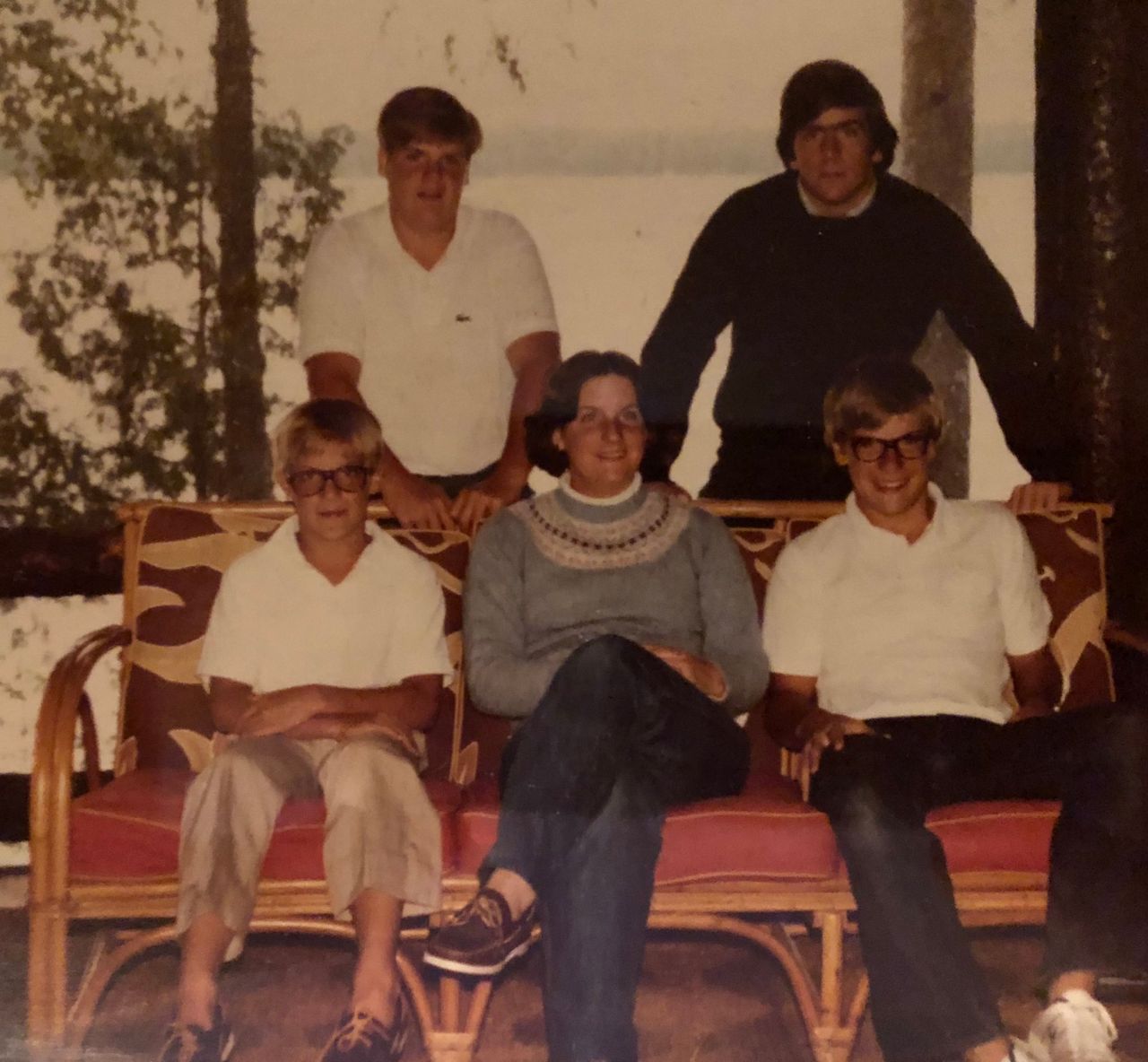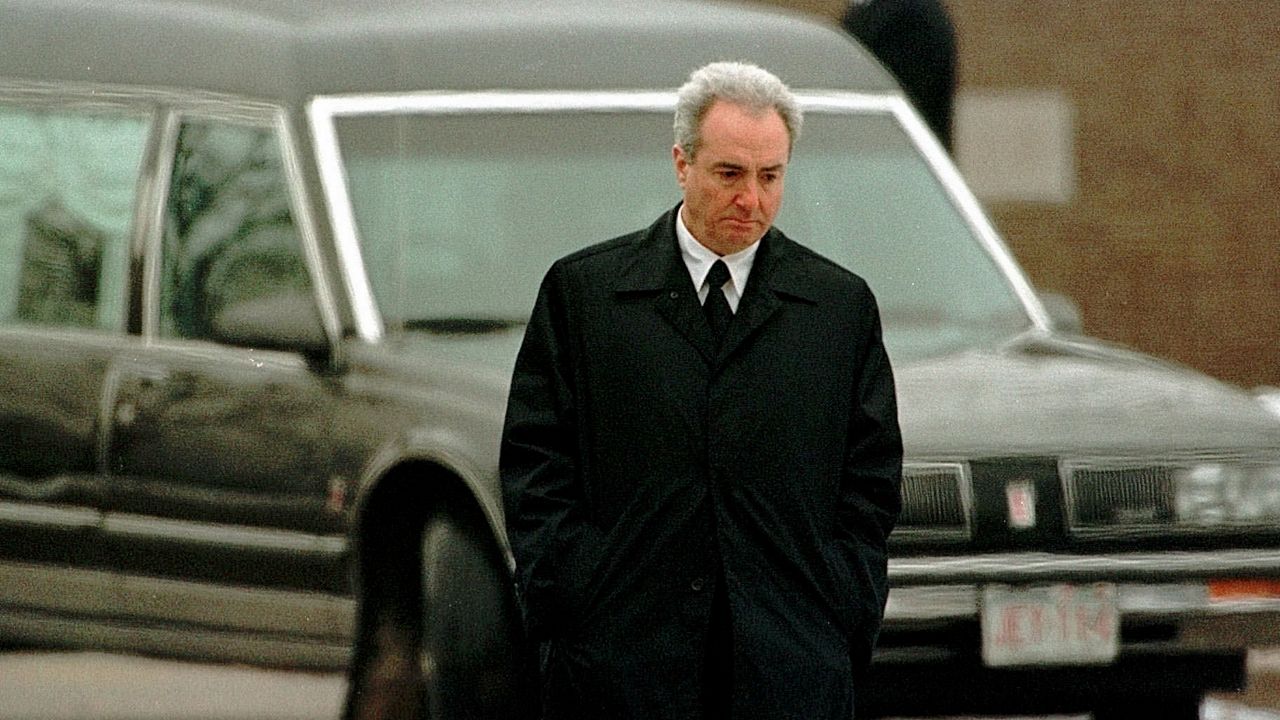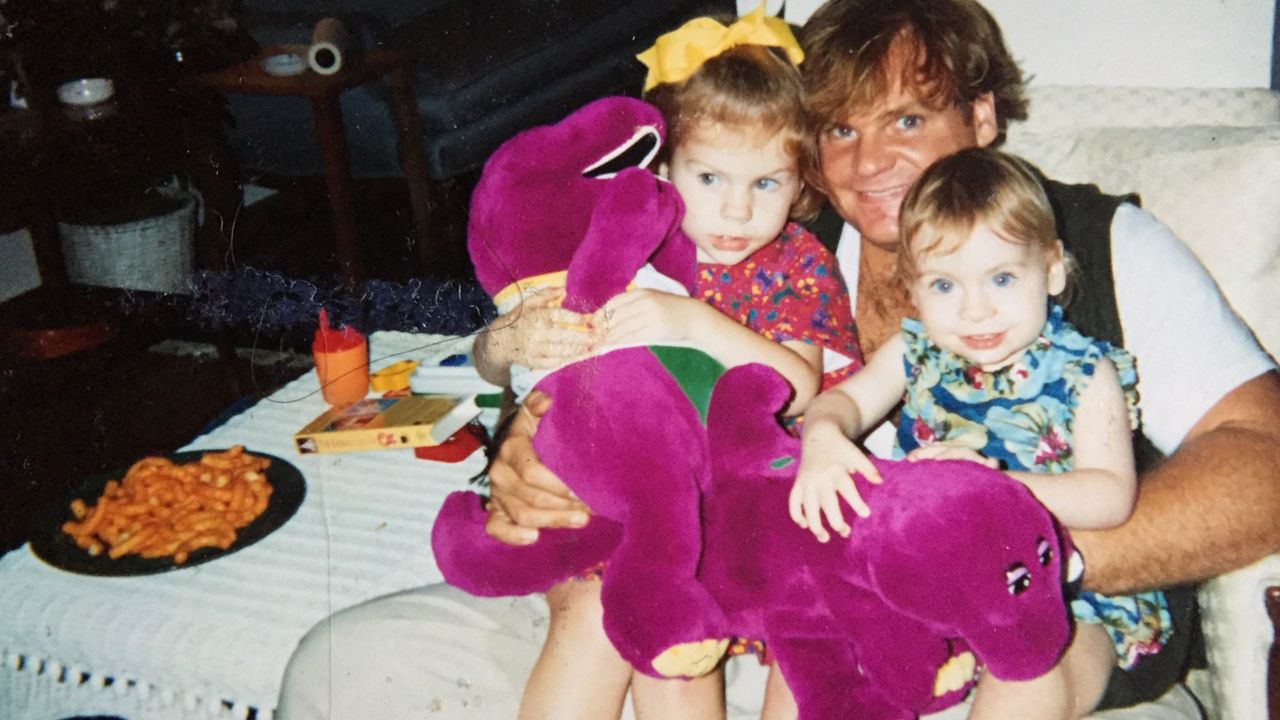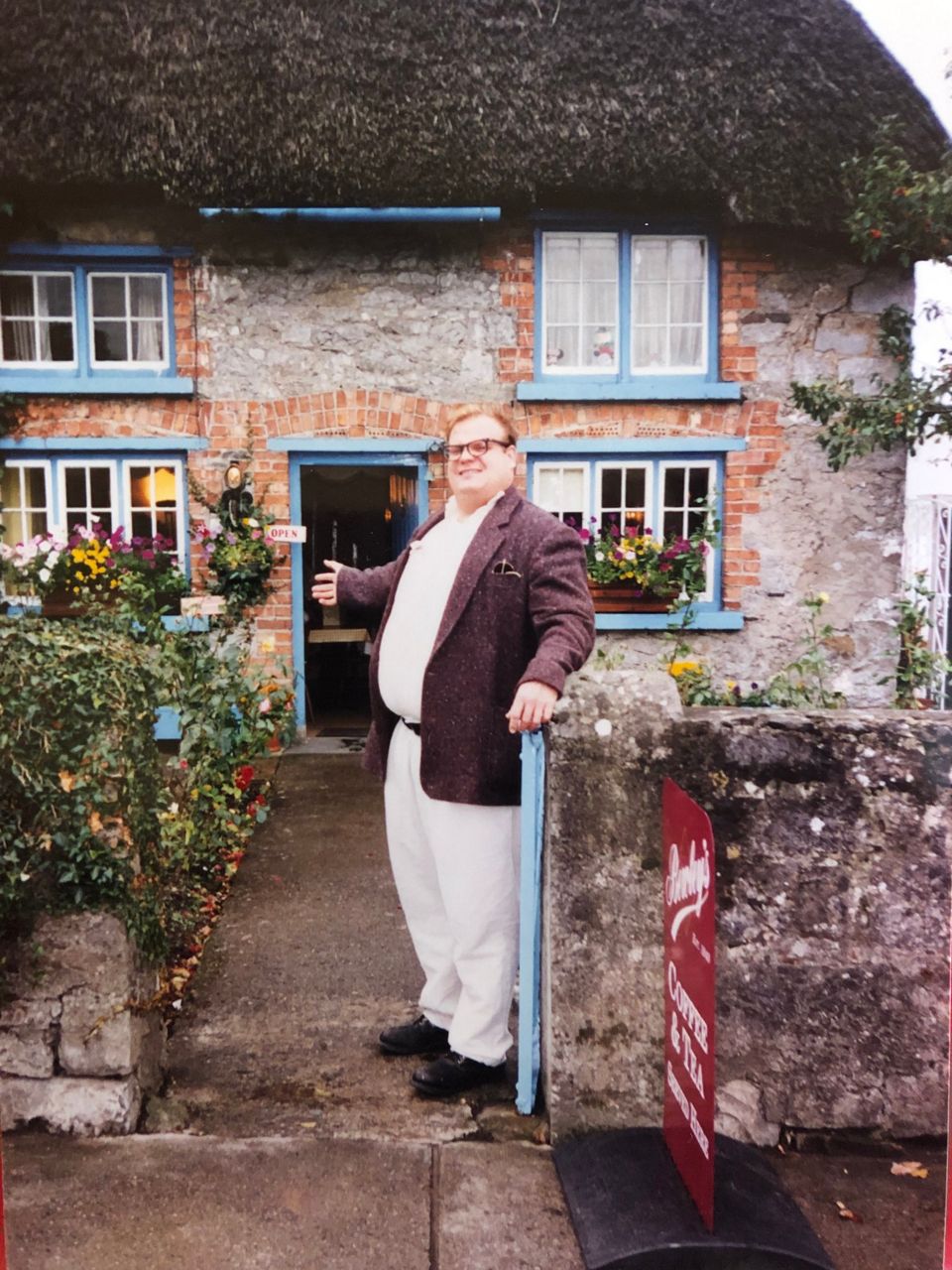MADISON, Wis. — For those who consider themselves a Madisonian, the Farley name is a familiar one. Home to late actor and comedian Chris Farley, his older brother, Tom Farley Jr., has fond memories of growing up in the state’s capital city in what he best sums up as a “big Irish family.”
“My mother [is] from Boston, so she had this kind of very eastern, just really had us programmed,” Tom Farley explained. “And Dad was just all about the chaos. So, it was just this back and forth between Mom trying to maintain order [and] my dad just really kind of thriving on the chaos.”

Barb is the oldest, followed by Tom, Chris, Kevin and Johnny. Looking back, Tom Farley said family addiction struggles probably shouldn’t have come as much of a surprise.
“In our family, we checked three pretty significant boxes in the sense that we had a pretty significant family history of alcoholism, we were Irish, and we lived in Wisconsin,” Tom Farley said. “So, checking any number of those boxes would have been enough. We checked all three.”
Tom Farley said drinking just felt normal for him and his brothers, and even though they did not start drinking at an early age — back then, the legal age was 18 years old — he did not give the issue much thought until he and Chris Farley moved to New York.
“We thought we were just doing what everyone else did,” Tom Farley explained. “My first kind of kind of warning sign, at least for Chris, was he was about to lose his dream job because of this disease, and I really first became kind of in touch with the concept, long before 9/11, of what a first responder is because my family was out here in Wisconsin, and it was Chris and I in New York, and I just saw him struggling.”
Before his death, Chris Farley was in and out of treatment programs at least 17 times.
During that time, Tom Farley said much of the focus was on behavior and how to get Chris Farley to stop, but nobody was asking, "Why?" Instead, most people viewed it as a lifestyle choice.
“That's one of the biggest stigmas we deal with all the time,” Tom Farley added.

Chris Farley died in his Chicago apartment on Dec. 18, 1997, after suffering an accidental drug overdose. He was 33 years old.
Tom Farley learned of his brother’s death while watching the news.
“There was really no time to deal with the shock and the grief,” Tom explained. “You know, it was just we were under the spotlight. We still kind of try to cling to this memory of Chris as a brother, as a son. And I don't think any of us in our family want to lose that.”
That’s when Tom Farley started to tell his story. He began going into schools and tried to make something positive out of the circumstances to help himself process the grief.
“The people around people in addiction are in isolation, too,” Tom said. “And that's what stigma does: It keeps you in that isolation because of fear, lack of knowledge, lack of, I don't know what to do, and it isolates.”
Tom Farley said having a brother like Chris Farley, who had more of an issue than the rest of the family, made it easy to point to him and say they weren’t that bad.

Over the years, members of the Farley family sought help and are in different stages of recovery.
When Chris Farley was still alive, Tom Farley realized how significantly alcohol impacted his family. Tom Farley, who, at the time, had a growing family with three young children, did not want his kids to grow up in an environment similar to his childhood.
Tom Farley would have moments of sobriety with several years under his belt, but he admitted simply cutting out alcohol was not enough.
“I was always trying to push this person out to the world that I thought they wanted to see through the expectation they have,” Tom Farley explained. “Whether like, this is what a Farley is supposed to look like, or this is what Chris Farley's brother is supposed to be like. And so, I was controlling and manipulating all these relationships, from my kids to my ex-wife, like, I need you do this though so I can be this person, and that was a problem.”

Tom Farley made repeated attempts at recovery and has been sober for the last five years. Having witnessed his brother’s recovery attempts and lived through the process himself, he knows firsthand the stigmas that can come with addiction.
“You can't love Chris Farley, you can't love my brother anymore, at least as far as I'm concerned, and still carry this stigma about the disease that he died from,” Tom Farley stated.
Tom said it’s not so much about the drugs, or the overdose, or even how Chris died. It's about not having his brother anymore.
“Somebody that should not be defined by how they died, and their disease and their addictions,” Tom Farley explained. “They should be defined by, you know, they were a sibling, a brother, a friend, that’s no longer with us.”
Tom Farley said he believes a big reason so many people loved Chris is because he never forgot he was from Wisconsin. However, the drinking culture in the Badger State worries Tom Farley and reminds him of how laughter was a coping mechanism in his own family.
“I think we do the same thing with our drinking culture,” Tom added. “We post stuff on social media like ‘Isn't this funny? We got all the drunkest cities in the country here in the state,’ and ‘Ha-ha,’ but is it that funny? It's not. I understand the coping mechanism going on there that humor can do. Humor is very powerful, but like it was with our family, if you go overboard, it turns into trauma, and it's kind of traumatizing our state, I think.”
Recovery is possible. Call 211.
The Wisconsin Addiction Recovery Helpline is a statewide resource for finding substance use treatment and recovery services.
The helpline is free, confidential, and available 24/7.



